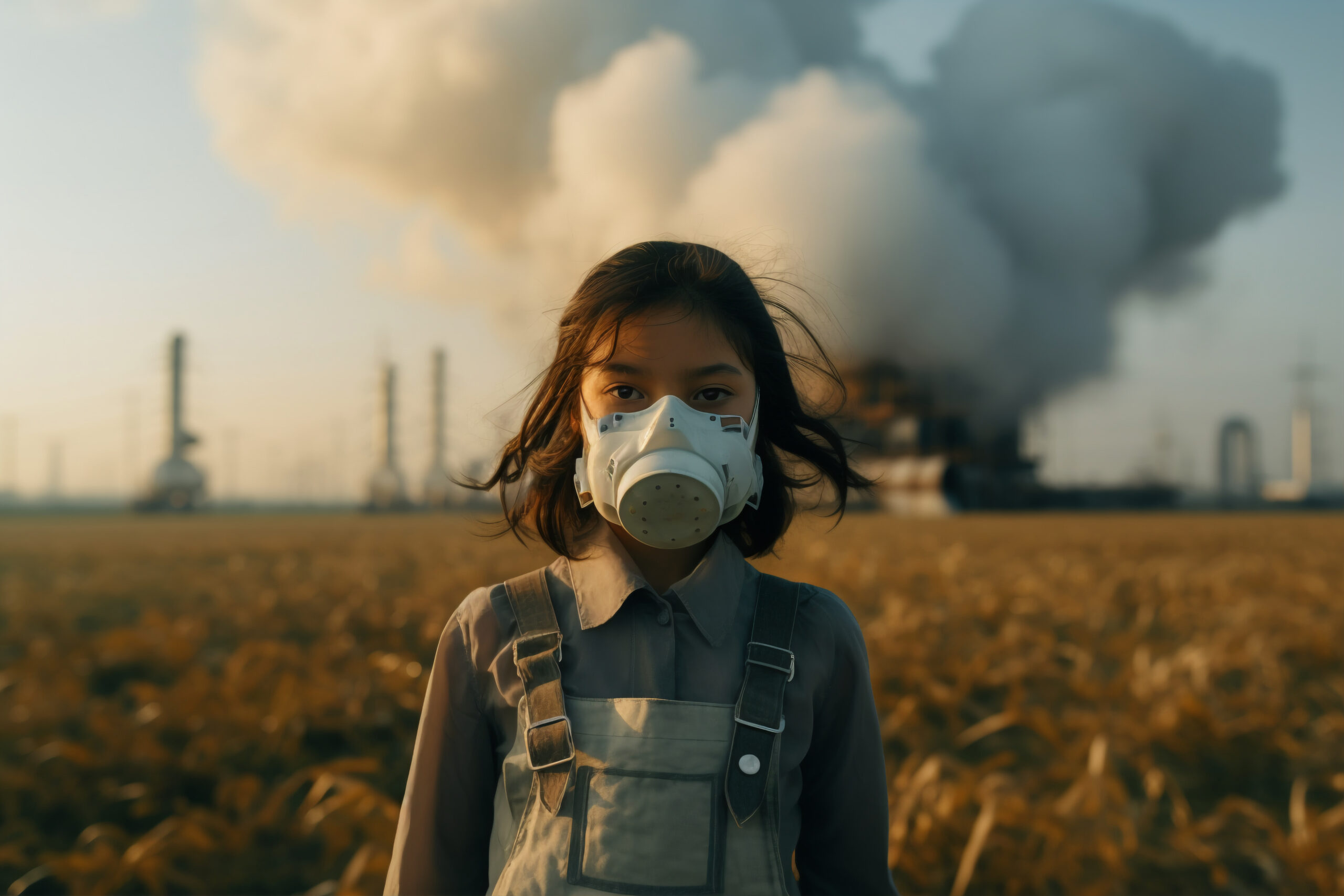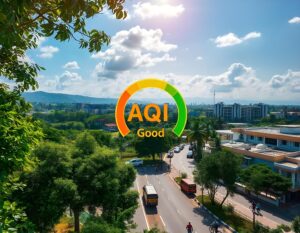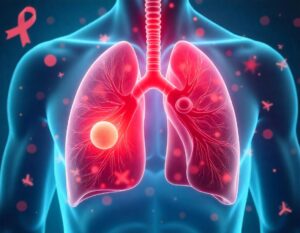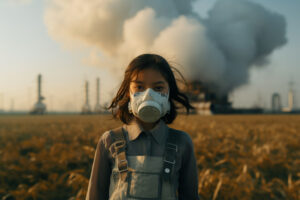1. Introduction
Air pollution is a significant environmental threat worldwide, with serious consequences for human health. Kerala, known for its lush landscapes, is increasingly facing air pollution issues due to urbanization, industrial growth, and transportation expansion. This blog examines the specific impact of air pollution on respiratory health in Kerala, emphasizing the need for awareness and proactive health measures, especially for vulnerable groups such as children, the elderly, and individuals with pre-existing respiratory conditions.
2. Understanding Air Pollution in Kerala
Sources of Air Pollution
In Kerala, the main sources of air pollution include:
- Vehicle Emissions: The growth in vehicle numbers, especially in urban areas, contributes significantly to pollution.
- Industrial Pollutants: Industries release various pollutants that can affect air quality.
- Construction Dust: Ongoing construction in cities like Kochi leads to dust, which worsens air pollution.
- Burning of Biomass: Agricultural burning and household fuel usage add to airborne pollutants.
Types of Pollutants
Key pollutants in Kerala include:
- Particulate Matter (PM2.5 and PM10): Fine particles that penetrate deep into the lungs, causing respiratory issues.
- Nitrogen Dioxide (NO₂) and Sulfur Dioxide (SO₂): Emitted by vehicles and industries, these gases are harmful to lung health.
- Carbon Monoxide (CO): Resulting from incomplete combustion, CO can impair oxygen delivery in the body.
Air Quality Levels
Kerala experiences varying air quality levels across regions. Urban areas, especially during peak traffic hours, often report elevated levels of pollutants. While rural areas typically enjoy better air quality, seasonal factors like the dry season can also bring dust and smoke, affecting health. Monitoring the Air Quality Index (AQI) helps raise awareness of pollution levels and potential health risks.
3. How Air Pollution Affects the Respiratory System
Immediate Effects
Air pollution can cause immediate discomfort, including:
- Irritation of the respiratory tract
- Coughing and wheezing
- Shortness of breath
Long-Term Effects
Chronic exposure to pollutants can lead to more severe respiratory conditions, including:
- Asthma and COPD (Chronic Obstructive Pulmonary Disease)
- Lung cancer
- Decreased lung function and chronic respiratory ailments
Vulnerable Populations
Young children, the elderly, and people with existing respiratory issues like asthma or COPD are especially sensitive to air pollution. Their immune and respiratory systems are more susceptible, making proactive measures crucial.
4. Common Respiratory Health Issues Linked to Air Pollution
Asthma and Allergies
Polluted air worsens asthma symptoms and can trigger allergies. Studies show a correlation between poor air quality and an increase in asthma attacks.
Chronic Obstructive Pulmonary Disease (COPD)
COPD patients often experience worsened symptoms due to air pollution, leading to frequent hospitalizations and increased healthcare needs.
Respiratory Infections
Air pollution weakens respiratory defenses, making individuals more susceptible to infections like bronchitis and pneumonia.
Lung Cancer
Long-term exposure to pollutants, particularly PM2.5, has been linked to an elevated risk of lung cancer, underscoring the severe impact of persistent air pollution.
5. Seasonal Variations and Their Impact
Kerala’s climate and seasonal patterns impact air pollution levels:
- Monsoon Season: Generally, rainfall helps wash away pollutants, temporarily improving air quality.
- Dry Season: Without rain, particulate matter accumulates in the air, which can aggravate respiratory symptoms.
- Winter Months: Lower temperatures can cause pollutants to linger closer to the ground, leading to worse air quality.
6. Preventative Measures and Lifestyle Adjustments
Personal Protective Measures
- Use face masks, especially on high-pollution days.
- Avoid outdoor activities during peak pollution hours.
- Invest in air purifiers for indoor environments.
Creating a Safer Indoor Environment
- Improve ventilation, especially during cooking.
- Use air purifiers and keep windows closed on high-pollution days.
Staying Informed
Regularly monitor AQI to gauge when it’s safe to be outdoors. Many apps and websites provide real-time air quality updates for different regions.
7. Community and Government Efforts in Kerala
Local Initiatives
Kerala has seen initiatives focused on reducing emissions, such as promoting electric vehicles and enforcing stricter regulations on industries. Additionally, campaigns to plant more trees and awareness programs contribute to long-term air quality improvement.
Role of the Public
Public participation plays a key role in reducing pollution. Carpooling, reducing vehicle usage, supporting local clean-air initiatives, and opting for eco-friendly alternatives are ways individuals can contribute.
8. When to See a Doctor
Prolonged exposure to air pollution can exacerbate existing respiratory conditions or lead to new symptoms. Seek medical attention if you experience:
- Persistent coughing or wheezing
- Shortness of breath or tightness in the chest
- Frequent respiratory infections
Regular check-ups are essential for those with pre-existing conditions like asthma or COPD to monitor lung health and address any worsening symptoms.
9. Conclusion
Air pollution has become an inevitable part of life in Kerala, with significant consequences for respiratory health. Being aware of pollution levels and implementing preventive measures can help reduce health risks.
Protect Your Lung Health with Apex Pulmonology
Apex Pulmonology, Kerala’s leading center for respiratory care, offers expert advice and treatment to help you manage and prevent respiratory issues caused by pollution. Our team of experienced pulmonologists is committed to providing comprehensive lung health evaluations and personalized care.
If you’re experiencing respiratory symptoms or want to prioritize your lung health, schedule a consultation with Apex Pulmonology today.







